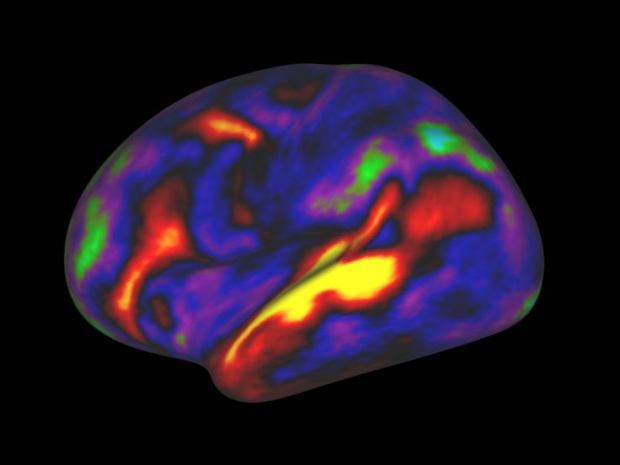
Breaking News
 Israeli Prime Minister, Netanyahu will meet with Trump on Wednesday and deliver instructions...
Israeli Prime Minister, Netanyahu will meet with Trump on Wednesday and deliver instructions...
 Elon Musk Offers To Cover Legal Bills Of Epstein Survivors Who Identify New Names
Elon Musk Offers To Cover Legal Bills Of Epstein Survivors Who Identify New Names
 Red Alert Emergency Broadcast! Tune In NOW As Alex Jones Analyzes The Insane Revelations...
Red Alert Emergency Broadcast! Tune In NOW As Alex Jones Analyzes The Insane Revelations...
 330 gallons of sulphuric acid was purchased for Epstein Island on the day the FBI opened...
330 gallons of sulphuric acid was purchased for Epstein Island on the day the FBI opened...
Top Tech News
 Drone-launching underwater drone hitches a ride on ship and sub hulls
Drone-launching underwater drone hitches a ride on ship and sub hulls
 Humanoid Robots Get "Brains" As Dual-Use Fears Mount
Humanoid Robots Get "Brains" As Dual-Use Fears Mount
 SpaceX Authorized to Increase High Speed Internet Download Speeds 5X Through 2026
SpaceX Authorized to Increase High Speed Internet Download Speeds 5X Through 2026
 Space AI is the Key to the Technological Singularity
Space AI is the Key to the Technological Singularity
 Velocitor X-1 eVTOL could be beating the traffic in just a year
Velocitor X-1 eVTOL could be beating the traffic in just a year
 Starlink smasher? China claims world's best high-powered microwave weapon
Starlink smasher? China claims world's best high-powered microwave weapon
 Wood scraps turn 'useless' desert sand into concrete
Wood scraps turn 'useless' desert sand into concrete
 Let's Do a Detailed Review of Zorin -- Is This Good for Ex-Windows Users?
Let's Do a Detailed Review of Zorin -- Is This Good for Ex-Windows Users?
 The World's First Sodium-Ion Battery EV Is A Winter Range Monster
The World's First Sodium-Ion Battery EV Is A Winter Range Monster
 China's CATL 5C Battery Breakthrough will Make Most Combustion Engine Vehicles OBSOLETE
China's CATL 5C Battery Breakthrough will Make Most Combustion Engine Vehicles OBSOLETE
Industrial-scale high-resolution brain mapping for neuroscience

A huge facility set to open in Suzhou, China, next month should transform high-resolution brain mapping, its developers say.
Where typical laboratories might use one or two brain-imaging systems, the new facility boasts 50 automated machines that can rapidly slice up a mouse brain, snap high-definition pictures of each slice and reconstruct those into a 3D picture. This factory-like scale will "dramatically accelerate progress", says Hongkui Zeng, a molecular biologist at the Allen Institute for Brain Science in Seattle, Washington, which is partnering with the centre. "Large-scale, standardized data generation in an industrial manner will change the way neuroscience is done," she says.
The institute, which will also image human brains, aims to be an international hub that will help researchers to map neural connectivity for everything from studies of Alzheimer's disease to brain-inspired artificial-intelligence projects, says Qingming Luo, a researcher in biomedical imaging at the Huazhong University of Science and Technology (HUST) in Wuhan, China. Luo leads the new facility, called the HUST-Suzhou Institute for Brainsmatics, which has a 5-year budget of 450 million yuan (US$67 million) and will employ some 120 scientists and technicians. Luo, who calls himself a "brainsmatician", also built the institute's high-speed brain-imaging systems.



